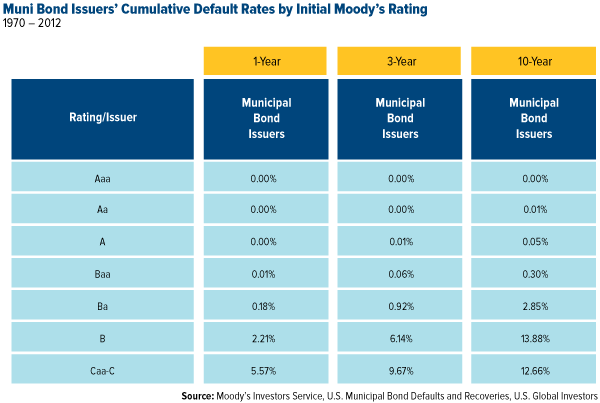Hedge Risks With Overseas Bond FundsKiplinger
Post on: 15 Май, 2015 No Comment

Thinkstock
Many fixed-income investors have carefully divided their portfolios among government and corporate, short-term and longer-term, and taxable and tax-free bonds. Yet they’re still missing the biggest piece of the bond-market pie.
See Also: Our Favorite No-Load Mutual Funds
International bonds, which account for more than one-third of investable assets worldwide, can offer diversification benefits and attractive yields. Yet most investors have almost no international bond exposure, says Dave Nadig, chief investment officer of investment-research firm ETF.com.
That’s starting to change as low U.S. bond yields send investors seeking higher income overseas, fund companies roll out low-cost foreign-bond funds and new research highlights how these holdings can benefit even risk-averse investors.
Advertisement
International bonds help diversify a traditional stock and bond portfolio because other countries’ bond yields and inflation rates tend to have low correlation with U.S. levels. But many foreign-bond funds also expose older investors to significant risks, including the volatility that comes with big stakes in emerging-markets debt and currency fluctuations.
Reducing Currency and Interest-Rate Risk
Before buying an international bond fund, determine how much foreign debt is hiding in your portfolio today. In recent years, managers of many core U.S. bond funds have ventured overseas in search of higher yields. At the end of November, for example, Pimco Total Return Fund had 22% of assets in non-U.S. debt. With investment pros suggesting older investors stash roughly 20% to 30% of fixed-income holdings in international bonds, a plain-vanilla bond fund may already be doing the job for you.

Older investors who are light on foreign bonds can start sifting through the funds in this category by focusing on currency risk. International bonds generally expose U.S. investors to foreign currencies’ fluctuations versus the U.S. dollar. But some funds mitigate this risk by entering into currency forward contracts and other complex investments that hedge away their foreign currency exposure, and that’s usually a better bet for people in retirement, says Karin Anderson, senior analyst at Morningstar. The unhedged funds can have twice as much volatility. A currency forward contract lets an investor lock in an exchange rate to buy or sell a currency on a future date.
Funds that hedge their currency risk include Vanguard Total International Bond Index Fund (symbol VTIBX ), launched in 2013, and Pimco Foreign Bond USD-Hedged (PFOAX ), which has one of the lowest levels of volatility in the category, Anderson says.
Currency hedging isn’t free, and it’s a cost not shown in the expense ratio, says Rick Ferri, founder of investment-management firm Portfolio Solutions. While the exact cost of these hedges can be hard to pin down, the additional expense makes it all the more important to minimize other fees. Consider new low-cost foreign-bond offerings such as the exchange-traded fund version of the Vanguard fund (BNDX ).
Older investors should be cautious with funds heavily tilted toward emerging markets. In times of market turmoil, such funds can be hit hard. Templeton Global Bond Fund, for example, has built an outstanding long-term track record making bold bets on Ukrainian bonds and other exotic fare. But in the tumultuous third quarter of 2011, the Templeton fund lost nearly 8%, compared with a 1.2% loss for the average world bond fund, according to Morningstar.
Like U.S. bonds, foreign bonds come with interest-rate risk. As interest rates rise, bond prices fall. Funds that limit interest-rate risk by focusing on bonds with shorter maturities include DFA Five-Year Global Fixed Income (DFGBX ) and DFA Two-Year Global Fixed Income (DFGFX ). These two funds also stick with bonds of high credit quality and hedge their foreign currency exposure.














